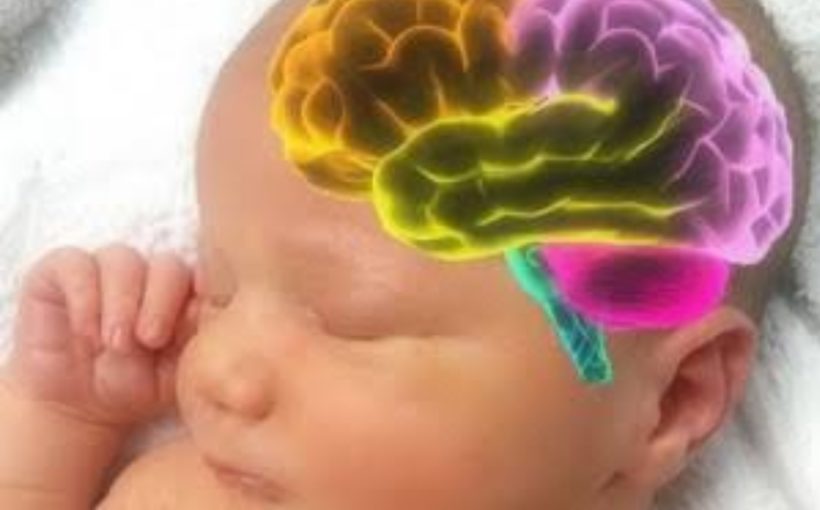Inflammation may be main driver behind autism, a new study suggests. Researchers compared the brains of eight children with the developmental disorder and eight children without it. They found the parts of the autistic children’s brains that are crucial to working memory and attention – areas that are impaired in people who have autism – had unusually high levels of a molecule known to trigger inflammation.
The team, led by Tufts University School of Medicine in Boston, Massachusetts, says the findings suggests that drugs that target anti-inflammatory proteins could one day be an effective treatment for autism.
Autism spectrum disorder (ASD) is a developmental disorder in which sufferers have a hard time communicating and with behavior. It encompasses several conditions – including autism, Asperger’s syndrome and childhood disintegrative disorder – and symptoms can range from mild to severe.
Children are usually diagnosed by age two after they exhibit signs such as reduced eye contact, not responding to their name and performing repetitive movements. According to the Centers for Disease Control and Prevention, about one in 59 children has ASD.
Boys are much more likely – up to four times – to have the condition than girls. For the study, published in the journal Proceedings of the National Academy of Sciences, the team looked at the brains of 16 male Caucasian children who had died.
Eight of the children had ASD and eight didn’t, and they all ranged between three and 14 years old. Results showed that the brains of the children with ASD had increased numbers of a protein called Interleukin-18 (IL-18).
This particularly occurred in the amygdala, the part of the brain that is responsible for detecting fear, and the dorsolateral prefrontal cortex, which is involved in cognitive skills that include working memory, attention and evaluating rewards.
IL-18 is known to bring about serious inflammatory responses, which suggests it may play a role in some inflammatory diseases, particularly of the skin such as psoriasis. Researchers also found increased numbers – but not as many – of IL-37, which is an anti-inflammatory protein.
They believe that drugs that target IL-37 could be a therapeutic treatment and decrease the amount of IL-18 in the brain. ‘ASD does not have a distinct pathogenesis or effective treatment. Increasing evidence supports the presence of immune dysfunction and inflammation in the brains of children with ASD,’ the authors wrote. ‘These findings highlight the important role…of IL-37 in the inhibition of inflammation, thus supporting the development of IL37 as a treatment for ASD.’
Source: Dailymail


